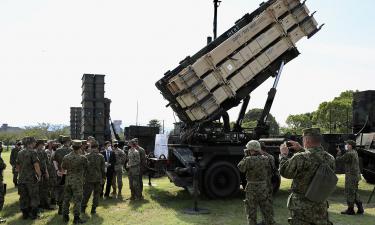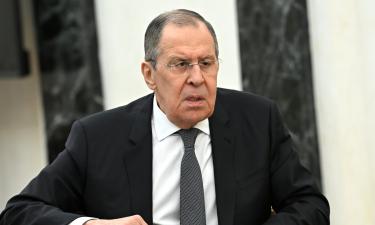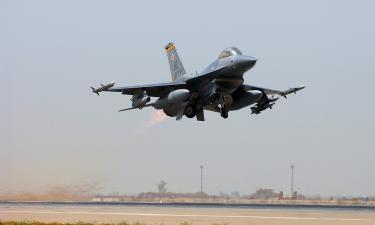Competition between Russian Muslim communities attracts extremists

Special services tightly and rigidly control Muslim centers of Moscow and St. Petersburg, conducting raids to prevent religious extremism. However, the hidden struggle between various official Muslim organizations to increase their administrative and lobbying abilities, as well as social influence, remains unnoticed.
Activities of radical Muslim organizations in Russia grow. Intelligence agencies continue to discover centers of ethno-religious extremism not only in the North Caucasus and Volga republics, but also in major cities of the country.
Activists of radical extremist groups were arrested in St. Petersburg a few months ago. As many as 300 people were locked in a makeshift mosque on the territory of Apraxin Yard market. Most of those people were subsequently released. As a result of the raid, criminal cases were filed under articles about public calls to terrorist activities and the justification of terrorist activities. Inspections revealed a significant share of illegal immigrants among the detainees. Labor migrants from the market formed a favorable environment for the distribution of extremist ideas.
According to representatives of security services, contacts of local clergy with Islamic leaders, who were educated at Cairo University, were regarded as extremely dangerous. The university is seen as the key ideological center of radical Islam. In addition, officers had questions to the imam of the mosque, the head of the Tajik diaspora in St. Petersburg, Abdurakhman Akilov.
The prayer room in the above-mentioned market of St. Petersburg appears in criminal records of regional law enforcement agencies on a regular basis. Organized by members of Tajik and Afghan diasporas in the mid-2000s, "the improvised mosque" is able to house up to 1,000 people. During religious holidays, given the massive influx of believers, the mosque turns into a center where foreign elements are concentrated. This traditionally causes concerns among local residents, who live near the market. Moreover, the mosque on the Apraskin Yard market directly competes with regional leaders of the Spiritual Board of Muslims of the European part of Russia (known for Russian initials as DUM ER), which adheres to traditional Russian Islam and has close contacts with power structures of the Russian Federation.
Not that long ago, intelligence agencies organized a similar rally in Moscow. In the south of Moscow, in Dar al-Arqam prayer house, police conducted mass arrests of parishioners on suspicion of extremist activities. Most of the 140 detainees were soon released, except for those who violated immigration laws. Interior Ministry officials explained that several people were involved in preparing acts of terrorism. In addition, several parishioners took part in bandit groups in the North Caucasus. Soon afterwards, religious practices in the mosque were suspended.
The version of the pursuit of the "independent" Muslim community at the instigation of DUM ER has a right for existence. The prayer house of worship of religious organizations Dar al-Arqam was founded in 2005 under the auspices of DUM ER. One of the most notable and "loyal" Muslim theologians, the head of the Department of the Moscow Islamic University, Mohammad Basir Hasanov, became the imam of the mosque. Thus, it is representatives of system Muslim organizations, who find themselves under attack. Their abilities to control parishioners after these events weakened considerably.
After the beginning of inspections of the activities of Dar al-Arqam, spokesmen for DUM ER officially stated it did not maintain legal contacts with the Muslim association, which is related to the "Joint Islamic Congress of Russia" (JICR), a parallel Muslim structure that competes with DUM ER and the "Council of Muftis of Russia." In particular, the construction of a religious object in Moscow's Mitino, which raised negative reactions among local residents, was a project of JICR aimed at increasing its prestige among the Ummah.
Not that long ago, Russia's Ministry of Justice registered a new centralized religious organization under the jurisdiction of the DUM ER - The Spiritual Administration of Muslims of Moscow. Perhaps the leadership of the new structure has a goal to mobilize Moscow communities, strengthen the organizational capacity, which will inevitably lead to competition with JICR. This will affect, in particular, a highly important issue for the Muslims - who will supervise the construction of new mosques in Moscow.
Julius Ivanov
Pravda.Ru
Subscribe to Pravda.Ru Telegram channel, Facebook, RSS!





